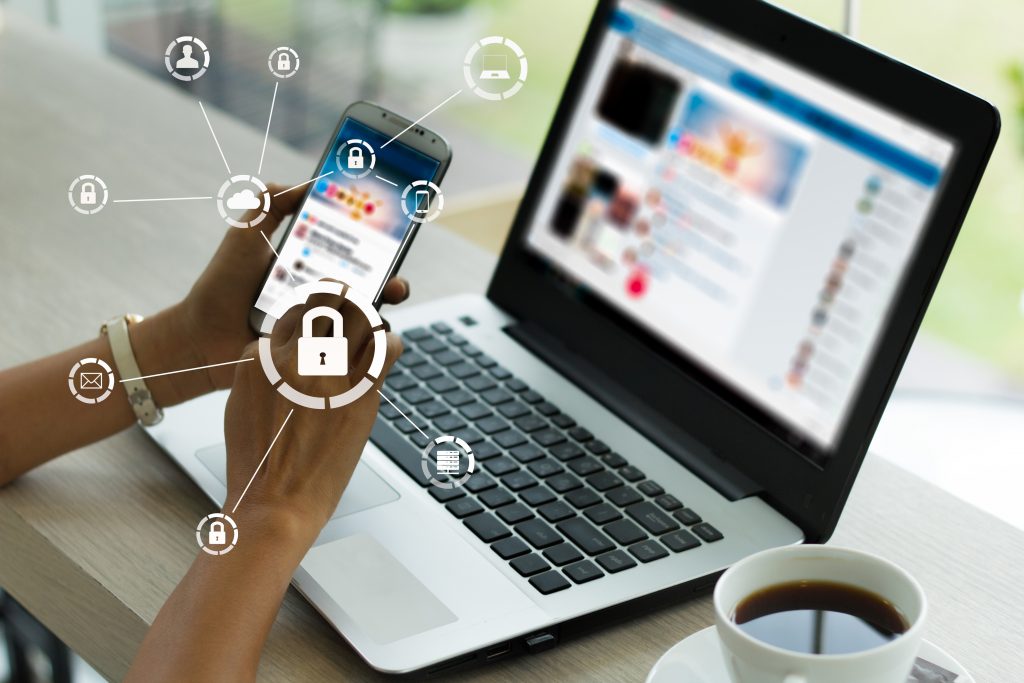In today’s digital age, maintaining good cyber hygiene is crucial to protect your personal and professional information from cyber threats. Here are five essential practices to ensure your digital life remains secure:
1. Keep Software Up to Date
Regularly updating your software is one of the simplest yet most effective ways to protect your devices. Software updates often include patches for security vulnerabilities that could be exploited by hackers. Make it a habit to install updates as soon as they become available. Enable automatic updates from the software vendor, if available.

2. Secure Your Files and Back Up Regularly
Data loss can occur for various reasons, including hardware failure, cyber-attacks, or accidental deletion. To prevent this, regularly back up your important files to an external hard drive or a cloud storage service. This ensures that you can recover your data in case of an emergency. Do you have a backlog of physical papers or electronic storage/hard drive devices that you are no longer using? Take advantage of an upcoming free community shred day sponsored by Chelsea Groton this fall.
3. Use Multi-Factor Authentication
Multi-factor authentication (MFA) adds an extra layer of security by requiring more than just a password to access your accounts. This could include a fingerprint, a text message code, or a dedicated authentication app. MFA makes it significantly harder for unauthorized users to gain access to your information.
4. Create Strong, Unique Passwords
A strong password is your first line of defense against cyber threats. Use a combination of symbols, numbers, and a mix of upper- and lower-case letters. Avoid using easily guessable information like birthdays or common words. Each of your accounts should have a unique password to prevent a single breach from compromising multiple accounts. Use password manager/vault software to securely store your username and passwords.
5. Be Cautious with Emails and Links
Phishing attacks are a common method used by cybercriminals to steal sensitive information. Be wary of unsolicited emails and links. Always hover your mouse over links to check their destination before clicking and look out for spelling errors or suspicious email addresses. When in doubt, contact the sender to verify the legitimacy of the email or text message or telephone call.
By following these cyber hygiene practices, you can significantly reduce the risk of cyber threats and keep your digital life secure. Stay vigilant and proactive in protecting your information! For additional educational resources, please visit the AARP, FTC, SANS, and the State of Connecticut’s fraud awareness pages.
